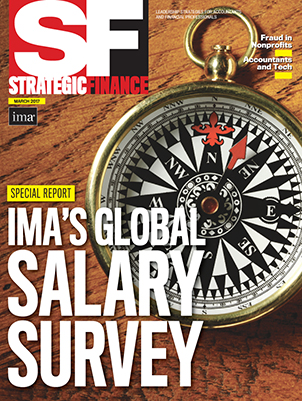The book serves as a clarion call for investors to be critical of financial statements. Even heavily footnoted financial statements can’t provide an accurate or timely picture of a company’s financial situation. This book also challenges managers to regain relevance through a focus on strategic resources in financial accounting.
Lev and Gu suggest that the link between corporate earnings, book values, and other financial indicators in setting share prices has diminished rapidly, and that the timeliness, or relevance to investors’ decisions, of financial reporting information is increasingly preempted by more prompt and relevant information sources. This theory is centered around three arguments: (1) the inexplicable accounting treatment of intangible assets, which are the dominant creators of corporate value; (2) the proposition that accounting isn’t about facts anymore, but rather about managers’ subjective judgment, estimates, and projections; and (3) the idea that unrecorded events increasingly impact corporate value.
To overcome these weaknesses, The End of Accounting envisions a new relationship to company resources and reduced complexity of today’s financial accounting. Citing their own law of the dynamics of regulation, they write, “Regulatory systems strive to be even more complex than the structures or institutions they were charged to regulate.” The authors propose simplified accounting regulations and a true reform agenda. The agenda includes treating intangibles as assets, reversing the proliferation of accounting estimates, and mitigating accounting complexity. On the second point, they quote Warren Buffett: “This isn’t marked-to-market, it’s marked-to-myth.”
Lev and Gu compare financial results at several companies in varying industries and show the importance of concentrating on resource investments, strategic resources, resource preservation, resource deployment, and value creation. They demonstrate how a one-page report can show investors more about value creation than 75% of the financial regulations created since 1973. Their book is challenging and even entertaining in a way that few financial books are. It will certainly leave you looking at accounting in a new light.

March 2017



